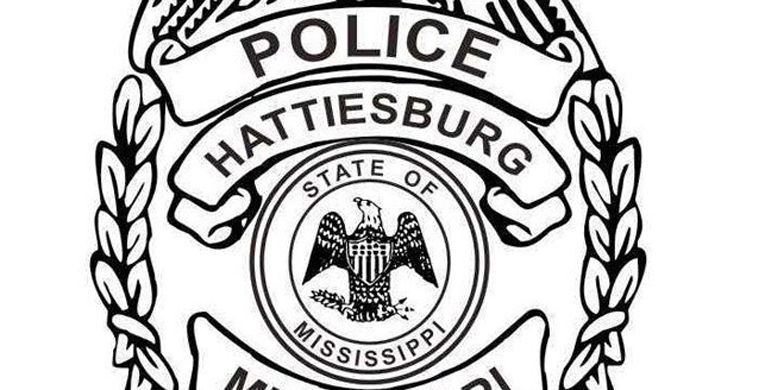
Imagine leaving the bar one night after having a few drinks. You hit a DUI checkpoint on Hardy Street on your way home. You roll down your window, hand the officer your license and he you asks that one dreaded question. “Have you been drinking tonight?”
Many people were asked this same question over Labor Day weekend this year at scheduled DUI checkpoints across Tennessee. Occasionally, those who refused to take a breathalyzer test were taken to a hospital, strapped to a gurney and had their blood forcefully taken from their bodies.
Is this something that is legally possible in Mississippi? In the United States? The answer is yes. Choosing not to drink and drive is important, but being informed about how and why police actions like this are possible is also essential to preventing them from happening.
Mississippi’s “implied consent” law states that by receiving a driver’s license, you implicitly consent to take a chemical sobriety test if arrested by an officer who suspects you of drinking and driving. If you refuse, you can face a 90-day license suspension.
However, upon your refusal an officer can get a warrant from a judge to take your blood and test its alcohol content. This warrant process is relatively new, as deemed by the 2012 Supreme Court case Missouri v. McNeely, and is meant to protect citizens from unreasonable search and seizure.
Mississippi Highway Patrol Trooper Brent Barfield said that getting a warrant for a blood test in these instances is neither difficult nor time consuming. Barfield said that the last time he had to get a warrant for a blood test was for an incapacitated driver he found at a brutal car wreck in December 2012.
“I have a printer in my car. I type up the accident details, print them out in my car and the only time it takes is from where you’re at to the judge’s house. We called the judge, woke him up and we were back to the hospital within an hour,” Barfield said.
Barfield emphasizes that having probable cause, or reasonable grounds to apply for a warrant, is the first thing a judge must take into consideration before a warrant is approved.
“You shouldn’t be able to just call a judge and say, ‘judge, I pulled this guy over, and I want to take his blood. I need a warrant,’” said Michael Reed, Hattiesburg defense attorney.
“You have to have something like, ‘judge, he was driving erratically. I pulled him over. He’s got beer cans in the car. His speech is slurred. His eyes are bloodshot. I smell alcohol on his breath.”
For Reed, having a warrant in a DUI case is rare, and it changes the way that he forms the defense of his client.
“You would have to try and attack the warrant and say that there was an issue with the warrant,” Reed said.
“And you attack the warrant by filing a motion to suppress the results of the blood test saying the warrant was invalid. The warrant should never have been issued.”
Even if you never drink and drive, if you are an active driver you will inevitably come across one of these checkpoints. Below is some information about sobriety checkpoints and what your options are if you get stopped by an officer while in your vehicle.
-All sobriety checkpoints must be publicly announced beforehand by the Mississippi Highway Patrol. This is usually done through a press release or social media.
-You are not legally obligated to answer any of the officer’s questions at a DUI checkpoint. You may simply respond, “I do not care to discuss my affairs, may I leave now?”
-An officer may not search your car unless he or she has probable cause or you agree to a search.






























